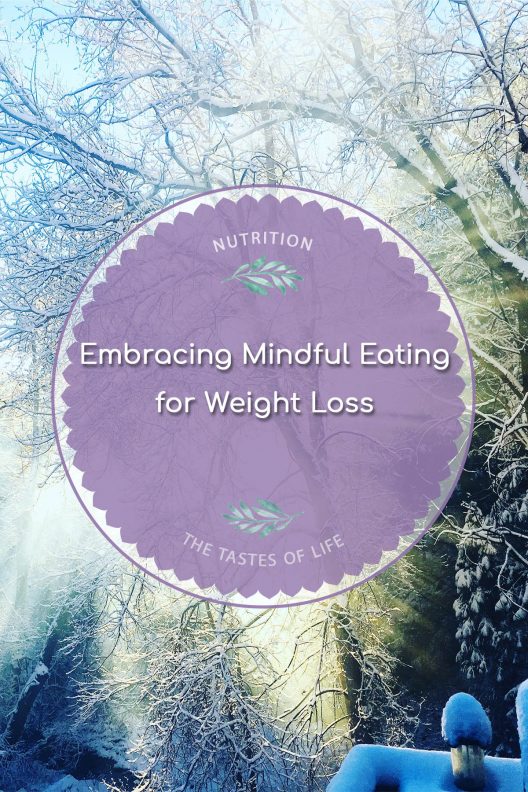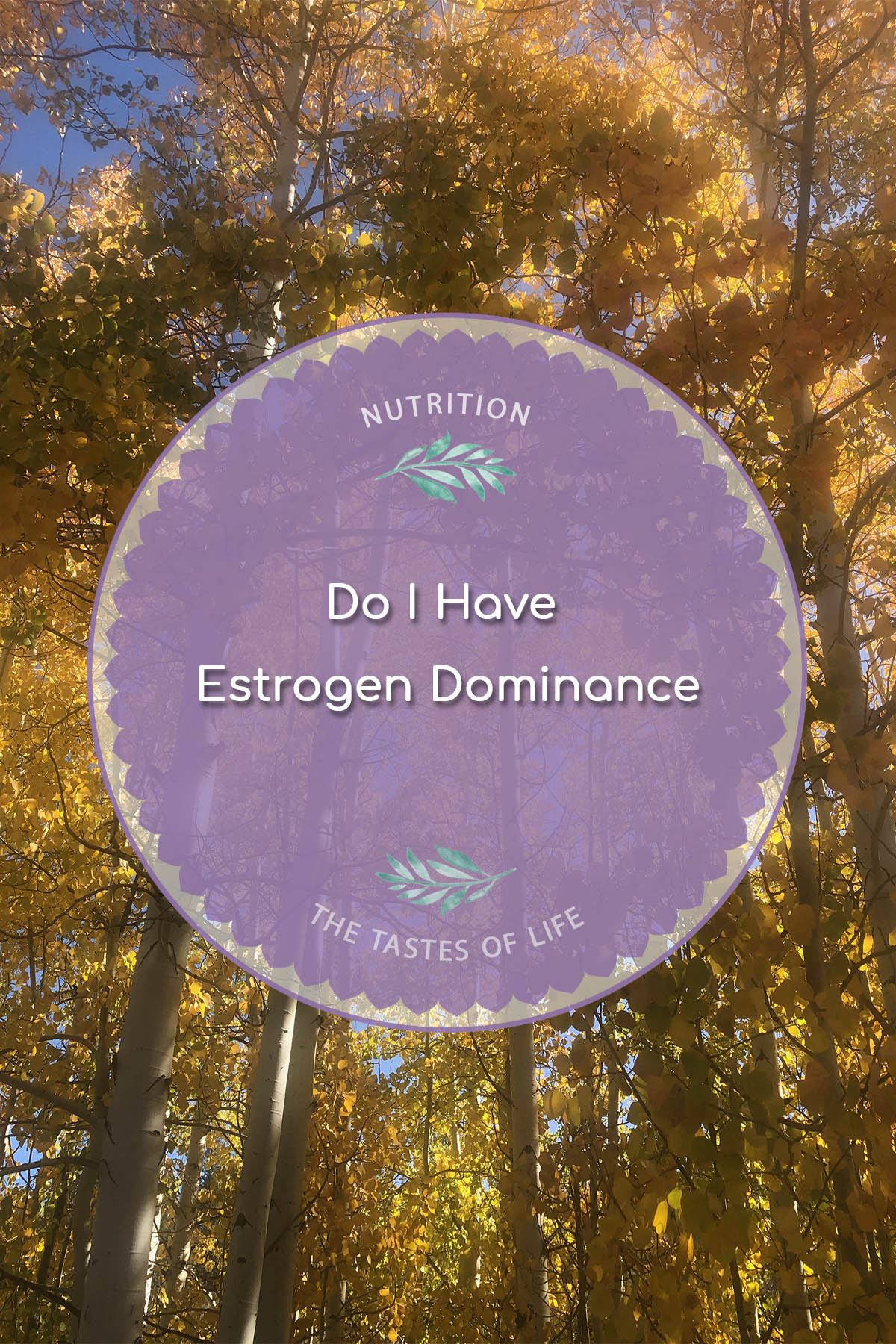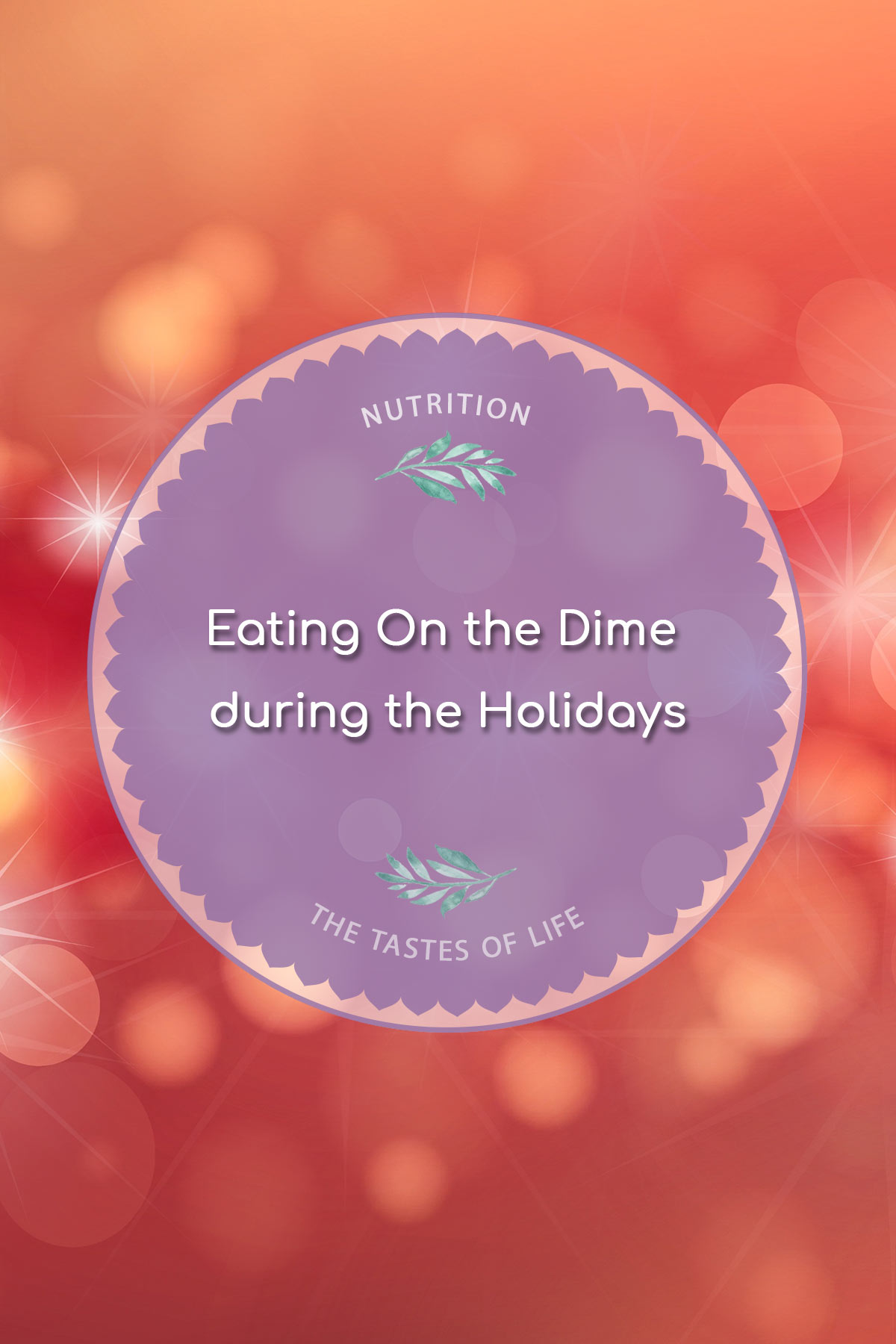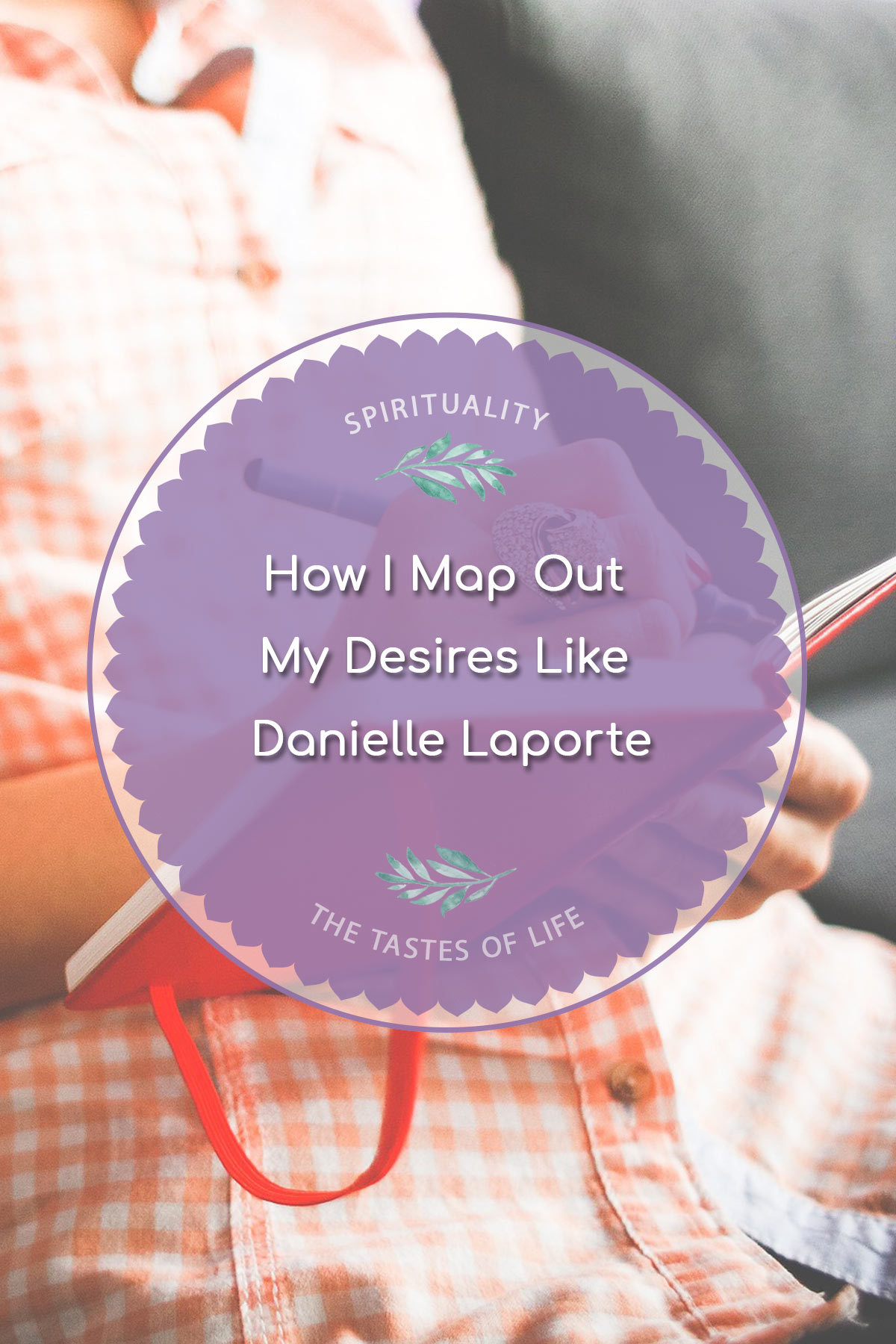Mindful Eating for Weight Loss

How a Mindfulness Practice Around Eating Can Help You Lose Weight
For some people, eating is simply an act to wrestle hunger while for others, it is a habit. For many others, eating is an obsession, and such people suffer because they want to avoid feelings, but once we make a shift in our perception, we can change.
So, what is mindful eating?
It involves concentrating on the experience of eating and drinking – but with a different quality of awareness around what might be driving our food-related habits. For instance, what are the internal prompts such as feelings, memories, and cravings? And, how do these internal signals interact with our external environments which frequently make it very easy to make the wrong choices?
Mindful eating
helps us to understand what our body is telling us about hunger and satisfying hunger. The triad of body, heart, and mind is the real determining force for hunger or fullness. Mindful eating helps us understand this triad. The concept of “living in the moment” can come across as cliche, but this is a case of magic hiding in plain sight. Awareness can arise by being present in the moment when we are making decisions – but we all have times where we are on autopilot just letting cravings, anxiety, and routines dictate our actions. No one needs to know what we are doing internally; this is a personal exploration of what drives us. Eating then becomes a way to explore the present moment, and that is where awareness lives.
Do you eat to escape unpleasant feelings, or is it driven by anxiety? Do you use food to fill a perceived, or unconscious, void? These are a few common examples, and again they can come across as cliche – but the truth is that most of us have some version of these activities not only in our dietary lives but in other areas as well.
In relation to food, the idea is that recognizing and letting go of these inhibitions to feeling directly, and seeing clearly, will help us “release” excess weight. It is pretty easy to turn this into some new age, and ungrounded, concept but the truth is that awareness allows change. If that change leads to action – your behavior will change, your thoughts, diet, and body will also change.
If this sounds interesting, I’ve put together some key concepts to help you explore this in your daily routine:
1. Understanding mindfulness:
To understand mindful eating, you must appreciate mindfulness. Part of mindfulness has to do with perceiving your interior and exterior with more care than we normally take. Taking a calm closer look allows for more awareness. Awareness allows for clearer questions and clearer decisions on how we want to proceed. It is amazing what can be accomplished just by slowing down and taking a close look at what is going on – and possibly at a given problem. Often, if dealing with a “problem’” just the act of clearly discerning the issue will clearly outline a solution with very little work. Mindfulness is not only about problem-solving, and keeping a spacious stance will allow for all sorts of insights to reveal themselves.
2. Understanding the “body – heart – mind” triad:
It can be helpful to start discerning some of the elements that might be influencing your “hunger”. Hunger, on the body level, could be adding some information in regarding addictions and nutritional deficits while emotional elements can be a very different story. Are you eating to bury unpleasant feelings or to quell anxiety? Just having a little more awareness around this type of thing is step number one. Hopefully, this awareness will give you a hungry mind seeking new and healthier options.
Having a deep understanding of your body’s physiology via an assessment, which includes the DUTCH test, is a scientifically grounded starting point but as we know, that is just a start. Often, the most difficult part is in changing habits that lead to our wasting new knowledge. Cultivating awareness around our food habits helps to reveal our blind spots that are driving unconscious and destructive habits. Knowing yourself more intimately can create magic, freedom, and positive behaviors to replace the less supportive ones.
This is a process of patience as change generally takes some time to integrate. My recommendation is to treat yourself with care, notice when you are hard on yourself and make an effort to interrupt that process with being kind to yourself – treat yourself as your kindest friend might do if trying to support you in this process.
If you take some time to pay attention to your body, honor your heart and then let your mind support any new awareness through proactive behaviors, you will be well on your way.
3. Manipulate your psychology:
Most of you might be thinking that it is not an easy task, but manipulating your own psychology doesn’t always need a psychologist or a nutritionist. No other person understands your body, mind, and heart better than you.
I don’t recommend going for drastic changes in the beginning. In my experience, it is best to have a schedule, for consistency, where you steadily introduce new behaviors (which might include new foods, exercise routines etc) at a pace that allows you to integrate them over time. When it comes to food, taking some extra time to find meal ideas that excite your taste buds while also satisfying your desire for a healthier more beautiful body will help establish long term behavioral changes – simply because they are enjoyable (not spartan)! Human psychology appreciates “heart satisfying” meals and life in general.
Before you eat, ask yourself if you are hungry, or are you soul hungry? If it is the later, you might consider buying tickets to live music, visiting with good friends, doing a yoga or meditation class, or whatever creative endeavor satisfies this desire for you. Feeding your hungers, in a good way, on many levels other than just in relation to food will only help strengthen a healthy relationship with food. In love and transformational darkness.
Do you want to know more? Book a session here: https://calendly.com/thrivinghormones-llc/15-minute-free-consultation
Please feel free to comment or ask any questions below. Share the blog on Instagram with the hashtag #thetastesoflifeholisticblog.
Yum





